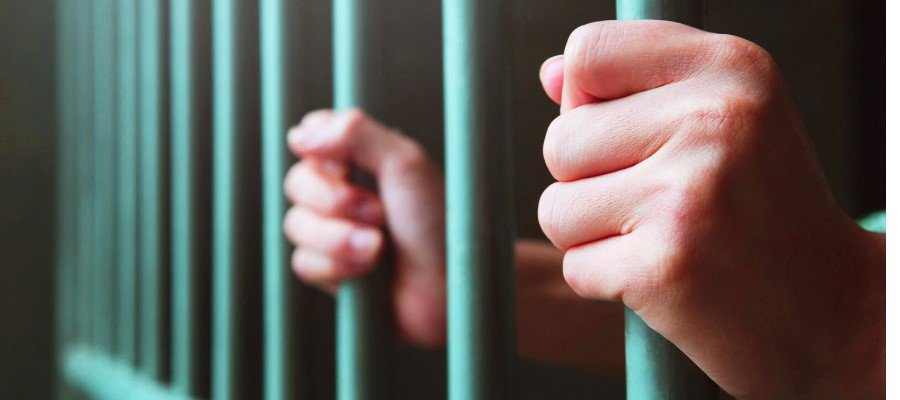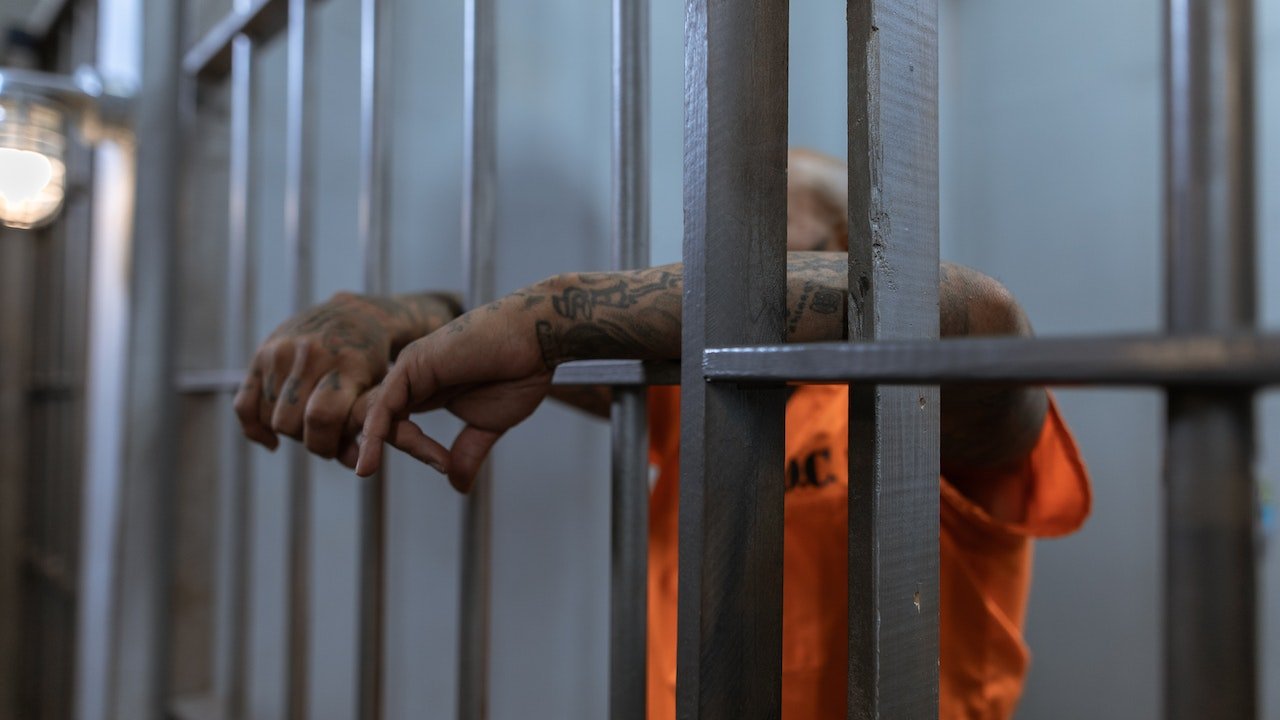Criminal Sentencing and Punishment

Criminal sentencing and punishment can be complex legal intricacies, often bewildering the general public. In this article, we’ll embark on a journey to demystify these processes using a language that resonates with everyone. So, let’s dive in and explore the world of criminal justice in a way that makes sense to us all.
Contents
- 1 Understanding Criminal Sentencing
- 2 The Factors That Influence Sentencing
- 3 Different Types of Criminal Punishments
- 4 How Judges Decide on Sentences
- 5 The Role of Mitigating and Aggravating Circumstances
- 6 Probation and Alternatives to Imprisonment
- 7 Rehabilitation vs. Retribution
- 8 Impact of Criminal Records on Sentencing
- 9 Recent Changes in Sentencing Laws
- 10 Public Opinion and Criminal Sentencing
- 11 Controversies Surrounding Sentencing
- 12 The Future of Criminal Justice
- 13 Conclusion
- 14 FAQs
Understanding Criminal Sentencing
Criminal sentencing is not just about punishment; it’s a complex process aiming for justice. When someone is convicted, a judge determines the appropriate sentence. But how does this process unfold, and what factors come into play?
The Factors That Influence Sentencing
Different Types of Criminal Punishments
Criminal punishment is not a one-size-fits-all concept but unfolds across diverse measures to achieve justice. At one end, there are fines, imposing a monetary penalty for the wrongdoing, emphasizing the financial repercussions of criminal actions. Community service is a testament to the justice system’s commitment to rehabilitation, offering offenders an opportunity to give back to society.
House arrest, electronic monitoring, and probation provide alternatives to incarceration, allowing individuals to remain within their communities while serving their sentences. On the other side of the spectrum lies imprisonment, the most conventional form of punishment, where the offender is physically separated from society.
Each type of punishment serves a distinct purpose, balancing the scales of justice while considering the rights and circumstances of the accused. Understanding this array of punitive measures sheds light on the complexity of pursuing a fair and just legal system.
How Judges Decide on Sentences
The Role of Mitigating and Aggravating Circumstances
Probation and Alternatives to Imprisonment
Not every sentence involves a prison cell. Explore alternatives like probation, community service, and electronic monitoring that aim to rehabilitate rather than isolate offenders.
Read More: Criminal Defense Strategies and Hiring a Lawyer
Rehabilitation vs. Retribution
Is the goal to reform or punish? Understand the age-old debate between rehabilitation and retribution and how it influences the justice system’s approach to sentencing.
Impact of Criminal Records on Sentencing
A record can weigh heavily on the present sentence. Examine how prior criminal history affects sentencing decisions and individuals’ challenges with a tarnished record.
Recent Changes in Sentencing Laws
Laws are dynamic, and so is sentencing. Stay updated on the latest changes in sentencing laws and how they aim to adapt to an ever-evolving society.
Public Opinion and Criminal Sentencing
Should public sentiment shape sentences? Explore the delicate balance between public opinion and judicial decisions and its implications on sentencing fairness.
Controversies Surrounding Sentencing
Not every sentence is without debate. Delve into high-profile cases and controversies that have sparked discussions about the adequacy and fairness of sentencing.
The Future of Criminal Justice
What does the future hold for criminal sentencing? Peer into the crystal ball and consider how evolving societal norms and advancements might shape the future of criminal justice.
Read More: An Overview of the Criminal Justice System and Your Rights
Conclusion
In conclusion, criminal sentencing and punishment are intricate facets of our legal system that demand our attention and understanding. As we navigate these complexities, remember that pursuing justice is a collective effort involving the courts and society.
FAQs
What factors influence the length of a criminal sentence?
The severity of the crime, criminal history, and mitigating/aggravating circumstances all play a role.
Can a first-time offender avoid imprisonment?
Alternatives like probation, community service, and fines are often considered for first-time offenders.
Does public opinion impact sentencing decisions?
While judges aim for impartiality, public sentiment can sometimes influence sentencing, especially in high-profile cases.
Are there recent changes in sentencing laws?
Yes, laws evolve to reflect societal changes. Stay informed about the latest amendments.
Is rehabilitation more effective than punishment?
The effectiveness varies and is an ongoing debate in the justice system.





